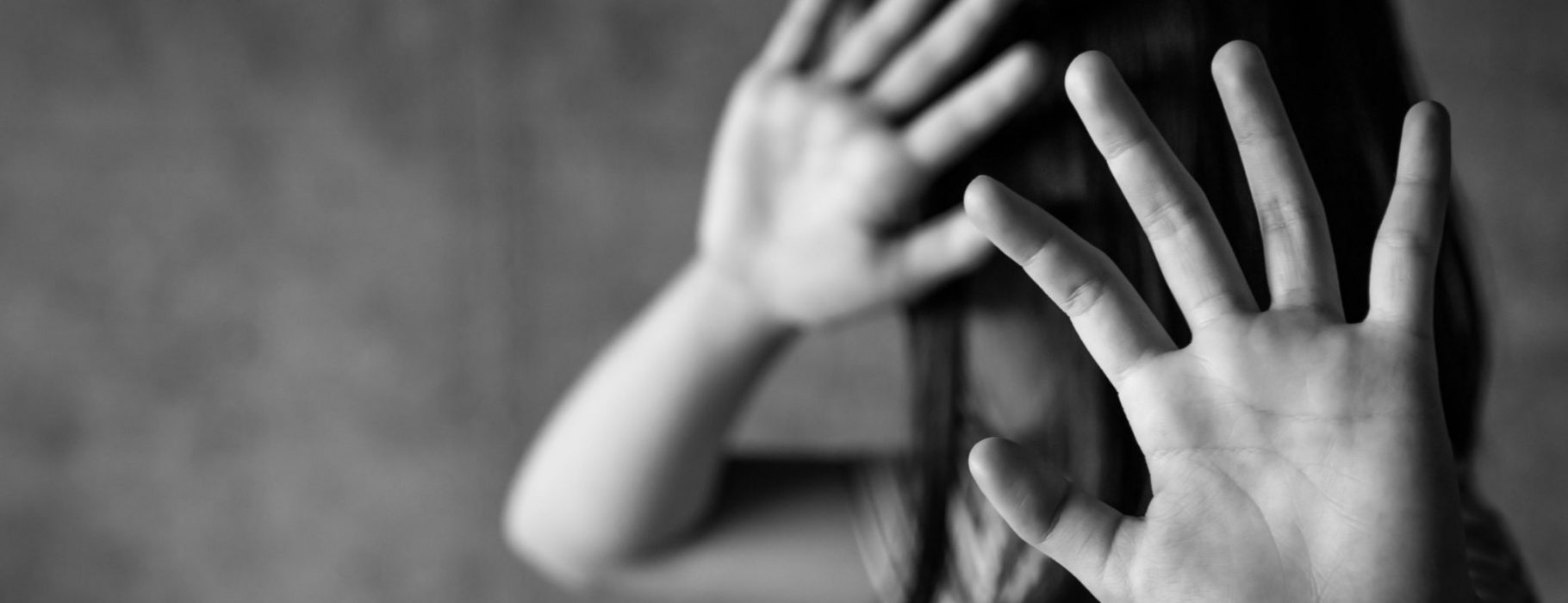
We are proud to have a strong analytical focus on social reproduction at Spectre. The current pandemic is tragically proving what social reproduction theorists have always drawn attention to, that work needed to sustain life and life-making, such as nursing, teaching, cleaning—in other words, care work—is essential for any society to function. Indeed, it is care work that makes all other work possible.
A social reproduction focus, however, is not simply a philosophical position, but simultaneously a political project. This is why during these crisis-times, we want our readers to hear the voices of workers fighting on the frontlines of care.
The work of nurses, refuse workers, teachers, and farm workers, among others, is sustaining us through this crisis. Our series, Dispatches from the Frontlines of Care, reminds us that it is the role of stockbroker or corporate CEO that is disposable, and we want a world where these roles remain so.
If you have story for us, please write to the series editor, Tithi Bhattacharya, at tithi@spectrejournal.com.
My name is Natalie Stroud. I have been a preschool teacher in Burlington, Vermont, for six years. In this country, we are currently facing a crisis that will affect our future in the most literal sense, for it concerns the care and lives of children and how a future generation will be shaped.
The Bipartisan Policy Center found that since the pandemic began, sixty percent of licensed child care providers have already closed and many of those that have remained open have reduced spaces or hours. What began as lockdown measures may become permanent in an industry that is grimly under-resourced and operates on razor-thin margins. A survey of child care centers and homes by the National Association for the Education of Young Children (NAEYC) found that only eleven percent of providers could survive a closure of an indeterminate length of time without government support.
Our children are in crisis. And because they are, we will be, too.
For my part, I will share with you the reason why I have chosen to plead with Vermont’s Governor Phil Scott to reconsider June 1 as a reopening date.
Our nation is experiencing collective trauma right now. Trauma happens when what we individually assume to be true about the world or ourselves is challenged, making it hard to cope and impossible to go back to how things were before. We will all be changed forever by this pandemic.
My students are home right now learning that sometimes parents lose their jobs. They are learning that you can’t always trust the grownups in charge to tell the truth or take care of us. They are learning what it feels like to be isolated and lonely. They are learning that sometimes people don’t always get better when they get sick. All of this is traumatic.
People often say, “kids are so resilient, they will be fine” and yes, kids have the capacity for resilience. But don’t be fooled, their body will remember the trauma for the rest of their lives. They keep moving and smiling because they have to survive. So much social and emotional learning takes place in the first five years of life, which is why it is essential that children receive high quality, trauma-sensitive care in early childhood.
My students are home right now learning that sometimes people don’t always get better when they get sick.
We also need to acknowledge that the trauma is twofold for our Black students. For Black families, the trauma of the pandemic is compounded upon the systemic racism that has traumatized their communities forever. Educators need to be prepared to address the specific trauma of our young, Black students after watching a man with the same color skin as them get murdered by a police officer. When we send our children back to school, we need to make sure the environment and teachers can provide this for them. They deserve it.
Right now, our country is showing that we do not value their education. We do not value the quality of their care. Preschool aged children need touch. They need to play with their friends. They need their bodies to be comfortable and unencumbered by a mask in order to learn. They need to see their teachers’ mouth move to learn language. They need to be able to nap. They need their special education providers to help them in the classroom. They need to see their teachers smile.
They will need all of this even more after what they all have gone through these past few months. The schooling experience we would be sending them back to in June would not be that place.
Teachers are scared and worried, and rightfully so. We will be overworked and underpaid, in masks and long sleeve button down shirts in the summer heat. Of course, we have always been overworked and underpaid. Now we are also working in hazardous conditions. We must change these conditions.
The government needs to prioritize:
•Helping families with unemployment if they choose not to or cannot send their child back to school yet;
•Fairly compensating our early childhood educators;
•Providing more stabilization funds to programs that cannot open yet;
•Continue paying open programs a stipend for each child enrolled in the program, as the cost of care has risen.
The early childhood education system has always been in survival mode but the response to this pandemic, if handled with care, can help programs thrive for the first time in history. We have a chance to rebuild the infrastructure of care, ravaged by years of austerity and now the pandemic.
